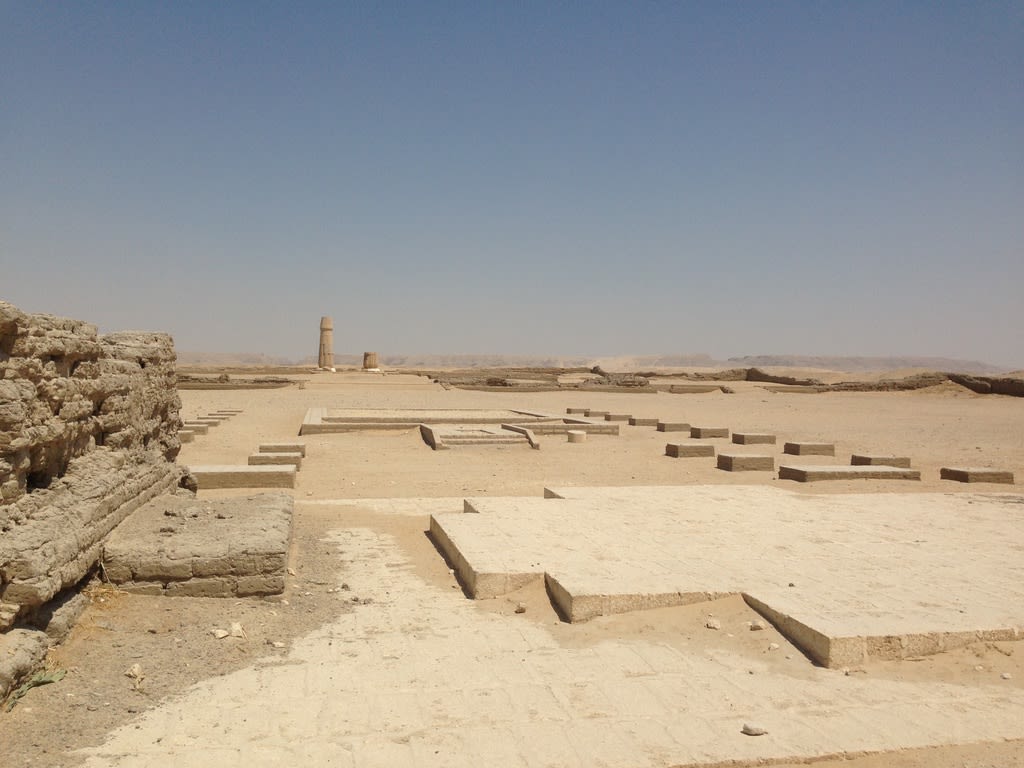Amarna as a Global City

A new publication in the Journal of Egyptian Archaeology sets out to reconsider the city of Amarna as not just a religious capital, but a competitive global city. This paper is the first output from Dr Federico Zangani's project Globalization, Citizens, and Society in Antiquity: A Comparative Study of Egypt and Ugarit.
This article reconsiders the city and society of Amarna in a Global Historical and comparative perspective, not only as an instrument of Akhenaten’s monotheistic agenda, but also as a necessary development of Late Bronze Age globalization within Egypt.
Dr Zangani, University of Cambridge, argues in particular, that Amarna may have been designed not only as a religious capital, but also as a competitive “global city” aimed at connecting its host country to the networks of globalization.
Thus, Amarna represents a primary case-study in how globalization stimulates the rise of global cities, as well as how institutional authorities have to relate to political and economic networks at the global level through strategic reconfigurations of power at the local level.
This study concludes with a brief note on a comparison between the use of Late Egyptian in inscriptions at Amarna and the emergence of alphabetic Ugaritic in the Syrian port-city of Ugarit.
Federico Zangani is an Egyptologist and ancient historian whose research interests focus on imperialism and globalization in the broader Near East and the Mediterranean. Currently, he is the 7th Renfrew Fellow in the McDonald Institute for Archaeological Research at the University of Cambridge, and a Junior Research Fellow of Homerton College, University of Cambridge. He is the author of: Globalization and the Limits of Imperialism. Ancient Egypt, Syria, and the Amarna Diplomacy (Prague, 2022).
Published 14 July 2025
The text in this work is licensed under a Creative Commons Attribution 4.0 International License


